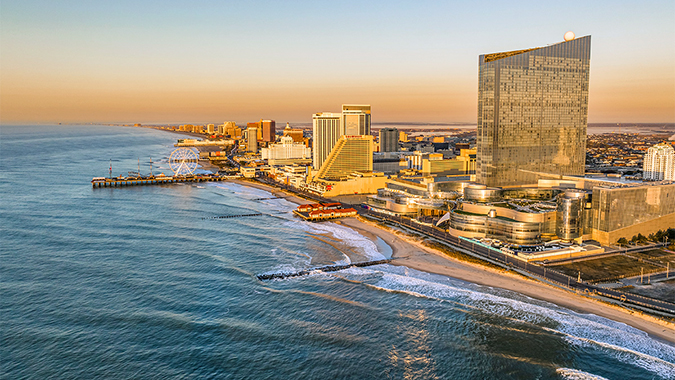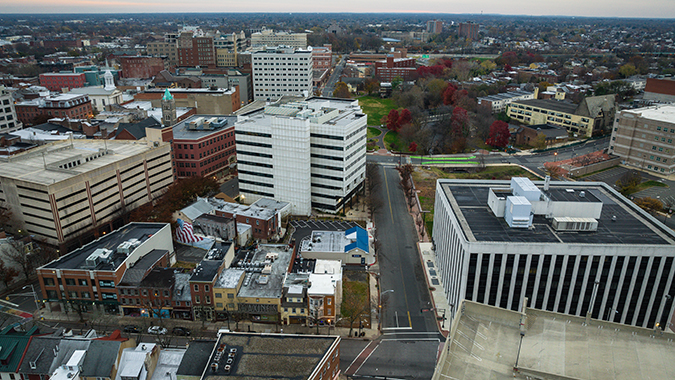NJBIA testified on Monday in support of legislation that would add more business-friendly flexibility to the Aspire tax incentive program, a gap-financing tool that supports commercial, mixed use and residential real estate development projects in New Jersey.
The bill revises the various requirements of the New Jersey Aspire Program and establishes Redevelopment Project Bridge Financing Program to offer additional financial assistance to projects that that have an outstanding project financing gap.
“We have consistently heard from our members that Aspire is a good program that is helping economic development throughout the state, but it could be better,” NJBIA Chief Government Affairs Officer Christopher Emigholz said. “I am confident that if this bill becomes law our economic development programs will be stronger and attract more redevelopment projects.”
The Assembly Commerce, Economic Development and Agriculture Committee voted unanimously to advance the legislation, A-2076, sponsored by Assemblywoman Eliana Pintor Marin (D-28).
The Aspire program encourages place-based economic development throughout New Jersey by providing tax credits to the developer, with the credit generally based on a percentage of the project’s costs, subject to statutory cap based on the location of the project as well as the specific aspects of the projects.
Bill A-2076 revises the definition of a “commercial project” to include space primarily used for warehouse distribution or fulfillment centers. Committee amendments made Monday include a requirement that any industrial space used for a warehouse distribution or fulfillment center must have at least $10 million in environmental remediation costs to qualify as an eligible commercial project.
This bill also changes current requirements for certain large “transformative” projects. Under current law, a residential project with fewer than 700 new residential units is required to include construction of 50,000 square feet or more of commercial space to qualify as a transformative project. Under this bill, that requirement would be reduced to 20,000 feet of commercial space, which may include retail.




